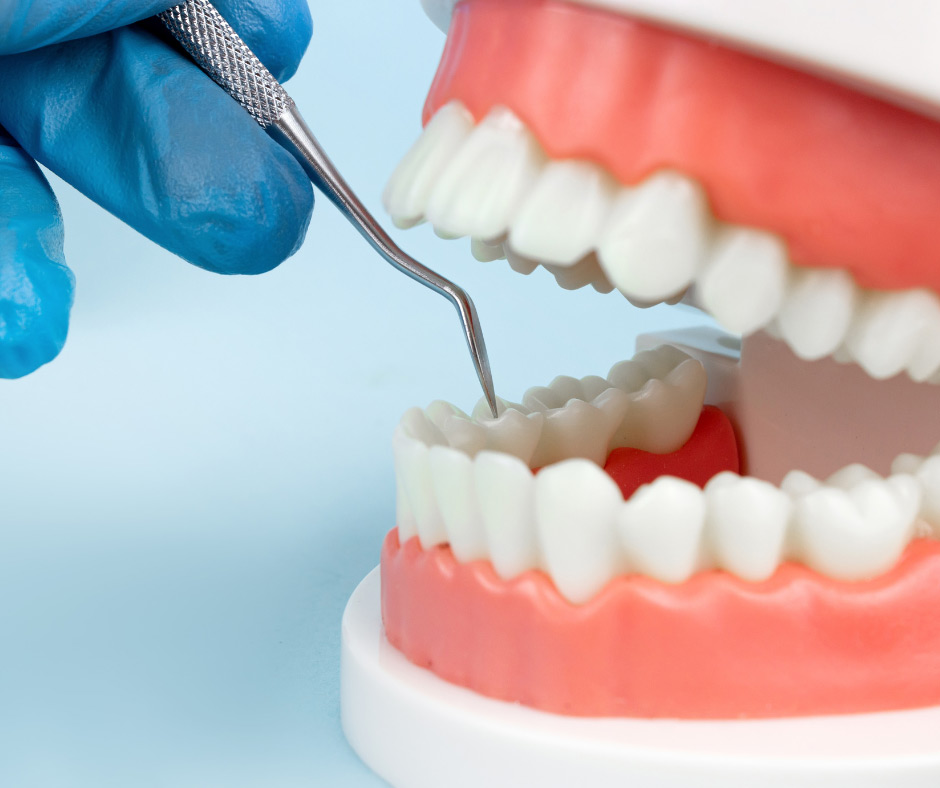
Removable Dentures
Looking for Affordable Dentures in Middletown, NY?
Learning you may need to have dentures may be difficult to deal with. And what may even be more difficult is finding the right dental practitioner who can guide you to the right option. Will you need fixed dentures, denture stabilization, or traditional dentures? If you live in Middletown, NY or nearby, help is close at hand. Cornerstone Dental might be the option to choose.
Cornerstone Dental “gets it.” Anyone who suffers from tooth loss feels some degree of self-consciousness about gaps which develop in their mouths. On top of this are difficulties with tasks that other people take for granted, such as chewing food and speaking. Above everything else, however, tooth loss should never be ignored, or it will otherwise lead to far more serious health-related issues. Unwanted tooth shifts, bite imbalances that will become more severe, and even deterioration of the jawbone are only a few of the difficulties that may evolve if tooth loss goes unchecked.
As difficult as it may be, making the choice to wear dentures is an effective solution as a replacement for missing teeth. Generally, dentures are made from prosthetic teeth which attach to a gum-colored base.
When fitted and worn in the mouth, dentures provide the appearance of completely functioning strong, healthy teeth. The dentures created and fitted at Cornerstone Dental appear incredibly natural and provide exceptional overall performance. Depending on what decision the dental professional and patient choose, dentures may either be attached permanently inside the mouth, or be removable for easy cleaning. The professionals at Cornerstone Dental review every possible choice that would best benefit each patient.

What are “Traditional Dentures”?
The most basic dentures are placed to brace around the patient’s remaining jawbone and dental arch and are always secure. These are “traditional dentures,” which remain steady through strong suction force. Patients who opt for traditional dentures may rest assured that this most basic type of denture is composed from high-quality materials to approximate a healthy appearance that is very close to healthy teeth. And, as with “denture stabilization” (see below), these dentures are easily removable when it comes time to clean them.
What is “Denture Stabilization”?
The practice of using dental implants to support dentures that are removable is known as “denture stabilization.” As with fixed dentures, these implants are surgically inserted into a patient’s jawbone so that the dentures remain strong and supported. When worn, these dentures will always remain secure and steady. It should be noted, however, that the patient can easily and quickly remove these dentures for the purpose of cleaning when necessary. Then, these dentures may be reinserted just as easily. Removable dentures generally last for 10 years before having to be replaced.
What are Fixed Dentures?
With “fixed dentures,” dental implants are permanently secured inside the mouth of the patient. To provide the strongest support possible, dental implants are inserted surgically into the jawbone. Most often, only one minimally invasive surgery is necessary to install these dentures so that they neither fall out nor loosen once the procedure has been completed. The implants are made from titanium, which are slowly fused with the jawbone. Over time, the dentures will feel more natural. Properly cared for and maintained, fixed dentures should last throughout the patient’s lifetime.
Are you experiencing severe tooth loss? Contact Cornerstone Dental at 845-342-4668 to schedule an appointment with a member of our highly trained staff. A member of our staff will work with you to find the best choice for your dental needs.
